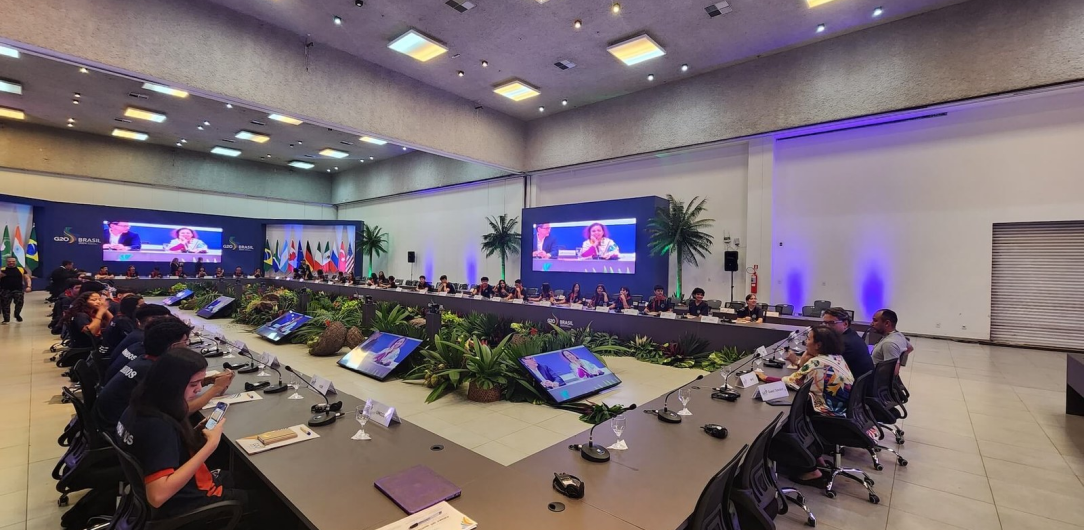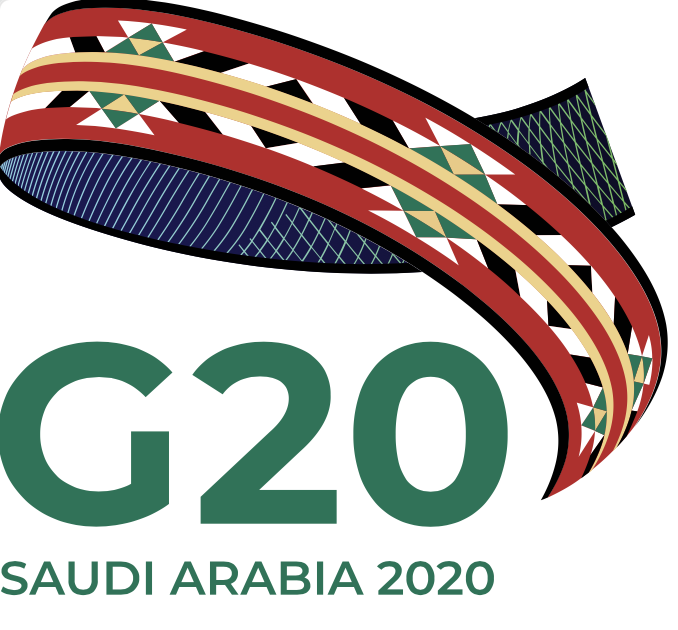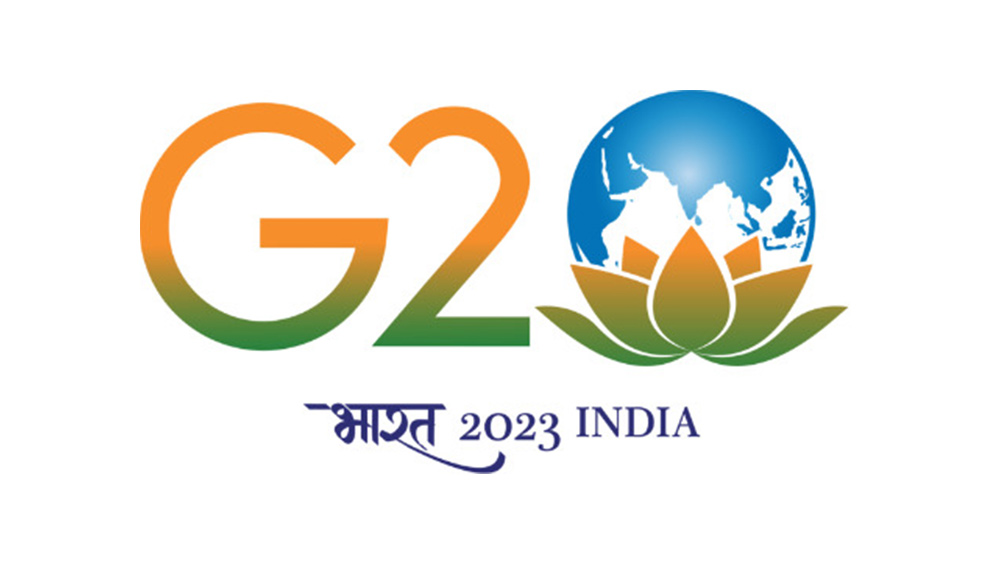
The Group of Twenty, commonly referred to as the G20, is an international forum for the governments and central bank governors from 19 countries, the African Union and European Union. Founded in 1999 in response to the financial crises of the late 1990s, the G20 brings together the world's major economies to discuss and promote international financial stability. G20 members represent around 85% of global GDP and over 75% of international trade, making it a significant platform for global economic governance.
The G20's development agenda focuses on fostering inclusive growth and sustainable development. Over the years, the G20 has made substantial contributions to global development through initiatives aimed at improving global financial systems, enhancing international trade, addressing climate change, promoting digital transformation, and reducing inequalities. One of the key elements of G20’s development work is supporting the achievement of the United Nations Sustainable Development Goals (SDGs) by 2030.
The G20 has explored and emphasized the importance of INFFs since 2020 through various initiatives within its Development Working Group, Disaster Risk Reduction Working Group, and Task Force for the Global Mobilization against Climate Change (TF-Clima).

In 2020, under Saudi Arabia’s Presidency, G20’s Development Working Group (DWG) adopted the G20 Financing for Sustainable Development Framework, which featured G20’s support for governments to use INFFs.
“G20 members are encouraged to support governments in their efforts to use INFFs and other tools and direct finance in a way that supports their national development strategy in transparent and accountable manners as called for in the AAAA.” - G20 Financing for Sustainable Development Framework, 2020

In 2021, under Italy’s Presidency, the G20 endorsed the Framework for Voluntary Support to Integrated National Financing Frameworks (INFFs). This endorsement marked a significant milestone in the global effort to enhance financing for sustainable development. The G20 Framework provided 5 aims to support the greater uptake and operationalization of INFFs:
Promoting knowledge exchange, technical assistance and training for INFFs.
Aligning international support for country-led INFFs
Engaging G20 member domestic constituencies to support country-led INFFs
Prioritizing the integration of economic, social and environmental sustainability within INFFs
Reviewing progress on INFFs and continue to build awareness

In 2022, under Indonesia’s Presidency, the INFF Facility published the INFF Sustainable Investment Stocktake for the G20 Development Working Group to evaluate and report on the progress of INFF implementation. This comprehensive stocktake provided valuable insights into the successes and challenges faced by countries in adopting and operationalizing INFFs. It also highlighted best practices and identified areas where further support and capacity-building are needed. The Development Working Group also agreed on a set of G20 Principles to scale up blended finance which emphasize the role of INFFs.

In 2023, under India’s Presidency, the G20 established the Disaster Risk Reduction Working Group to integrate disaster risk reduction across the work of the G20 and in its support to developing countries. The Working Group’s activities include Financing Frameworks for Disaster Risk Reduction, where G20 oversaw the development of INFFs for Disaster Risk Reduction guidance note with DESA and UNDRR.
The same year, the G20 launched the G20 Action Plan on Accelerating Progress on SDGs. This action plan underscores the G20's commitment to supporting financing, digital transformation, data for development, just transition, gender equality, and enhanced coordination and partnerships. A key component of this action plan is the renewed commitment to scale up technical assistance and capacity building for INFFs. This support aims to strengthen countries' abilities to effectively plan, finance, and implement their sustainable development strategies.
In 2024, under Brazil’s Presidency, the Input Paper for the G20 Task Force for the Global Mobilization against Climate Change titled "Integrated National Financing Frameworks as an Instrument to Finance Nationally Determined Contributions" (TF-Clima) underlined INFFs as crucial tools for financing climate action. This document emphasizes the role of INFFs for countries to meet their climate commitments under the Paris Agreement by aligning national financing strategies with climate goals and leveraging both public and private sector investments.

The G20's endorsement and continued support for INFFs reflect the broader commitment to sustainable development and climate action. By facilitating the implementation of INFFs, the G20 is helping countries to mobilize the necessary resources, improve financial management, and achieve their national development and climate objectives.
View all news and events

View all resources
